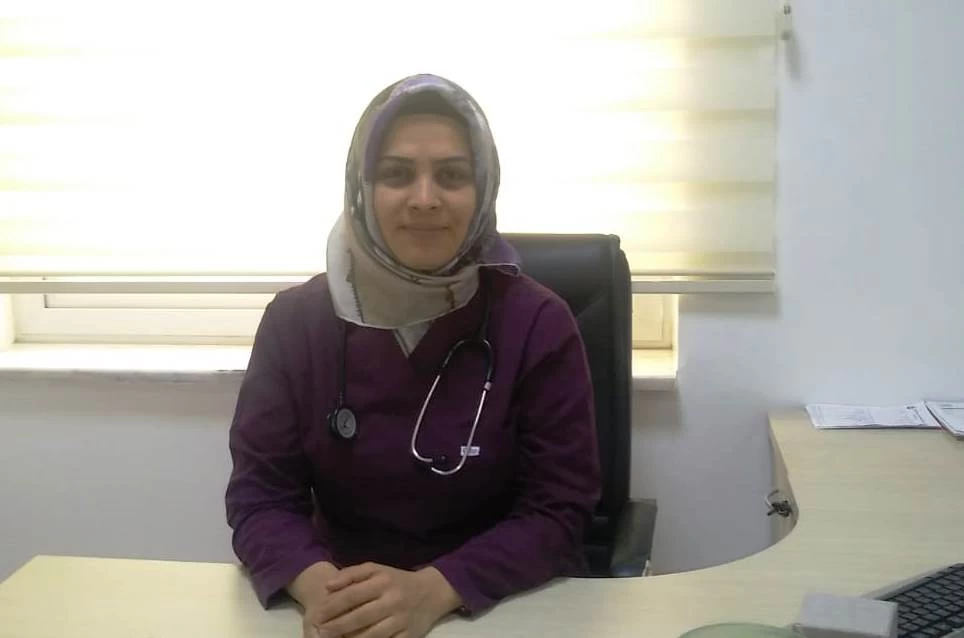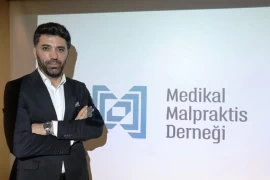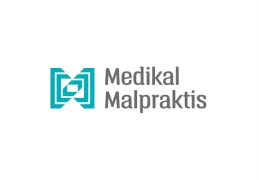
Can We Protect Personal Data While Treating Patients?
- Can We Protect Personal Data While Treating Patients?
- Can We Protect Personal Data While Treating Patients?
"Medical Malpractice" refers to situations where a healthcare professional fails to adhere to medical standards, acts negligently, or provides medical treatment or care in a faulty manner. Medical malpractice can encompass various situations, such as medical errors, misdiagnoses, treatment mistakes, surgical errors, medication errors, among others. These errors can cause harm to patients and lead to serious consequences. Medical malpractice cases may result in legal sanctions or compensation claims, and they involve issues of the physician's responsibility and accountability.
Before starting this article, it is useful to define Medical Malpractice. The term "medical malpractice" is used to describe situations where a healthcare provider behaves in a manner that does not comply with medical standards, shows negligence, or provides medical treatment or care in a faulty manner. Medical malpractice can encompass various situations, such as medical errors, misdiagnoses, treatment mistakes, surgical errors, medication errors, and more. Such errors can result in harm to patients and lead to serious consequences. Medical malpractice cases may result in legal consequences or compensation claims, and they involve issues related to the physician's responsibility and accountability.
Now, I'll hand over the word to Dr. Büşra Ayasun, a member of the Medical Malpractice Association's Board of Directors.

Can We Protect Personal Data While Treating Patients?
We can define personal data as "any information relating to an identified or identifiable natural person."
Violating the duty to protect personal data is not only contrary to ethics and professional standards but also a crime defined in the penal code. Due to their profession, physicians, dentists, veterinarians, pharmacists, and other healthcare professionals (including medical students) are obliged to safeguard the information they learn. Disclosing personal data also entails liability for damages. The Turkish Penal Code's Article 136 regulates the crime of "giving or acquiring personal data unlawfully" as follows:
"A person who gives, discloses, or acquires personal data unlawfully shall be sentenced to imprisonment for a term of one to four years."
We can consider any information obtained by physicians and other healthcare professionals (e.g., nurses, midwives, caregivers, interns, pharmacists, etc.) due to a disease as personal data. Data concerning the patient's private life and confidential matters that they do not wish others to hear are considered personal data. This includes the patient's identity, address, phone number, type of illness, medical history, diagnosis, treatment, psychological symptoms, physical characteristics and deficiencies, patient files, X-rays, and other imaging, examination results, as well as all data related to personal, family, professional, and economic status. Additionally, photographs of the patient fall under personal data. Unauthorized sharing of 'before and after' photos of patients by plastic surgeons and similar aesthetic practitioners constitutes a violation of the law.
Healthcare professionals are obliged to protect personal data, including their patients' personal data. However, healthcare personnel sharing certain information about the patient among themselves for informational purposes does not fall under this scope.
Disclosure of personal data may be lawful under the following circumstances: patient's consent, necessity, and legal obligation.
The duty of physicians to keep personal data confidential also applies to their own families. Disclosing a patient's personal information to the patient's spouse and family members is also considered a crime. An exceptional situation is when the family needs to take precautions, and the patient is under 18 years of age and/or lacks the capacity to discern. In such cases, information may be disclosed to the family as required. Furthermore, if one of the family members accompanies an individual throughout all examinations and tests, information may be shared with these individuals. However, it is essential to bear in mind that patient information is personal data and, as a rule, should be kept confidential even from the closest relatives.
So, how much do we know and pay attention to these matters? If you wish to be informed and protect yourself, I recommend becoming a member of the Medical Malpractice Association and attending our educational programs.
REMEMBER, WE ARE BY YOUR SIDE!
WE ENLIGHTEN DOCTORS, NOT PATIENTS.
Dr. Büşra AYASUN
Member of the Medical Malpractice Association's Board of Directors






